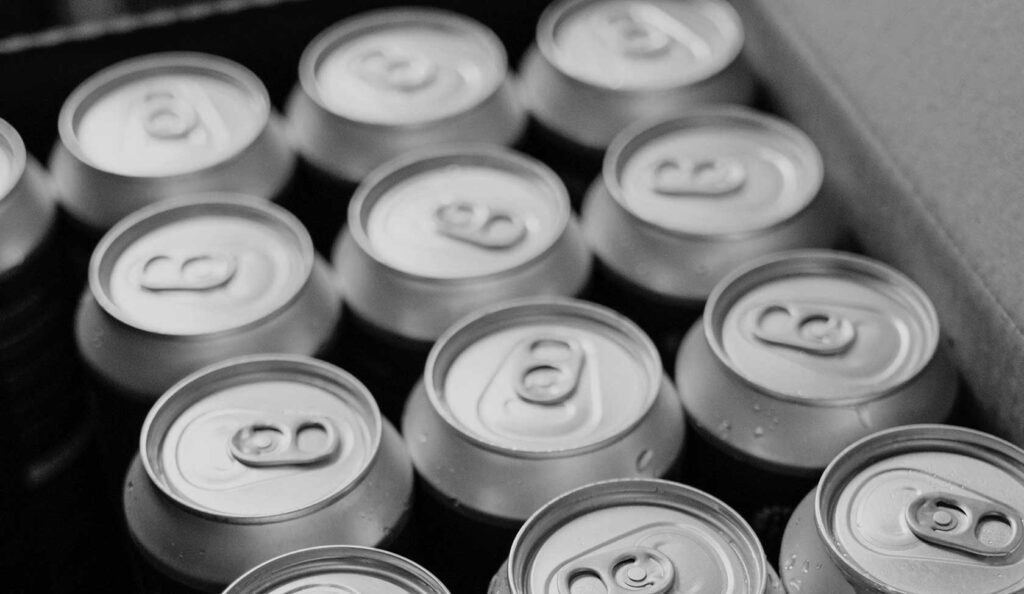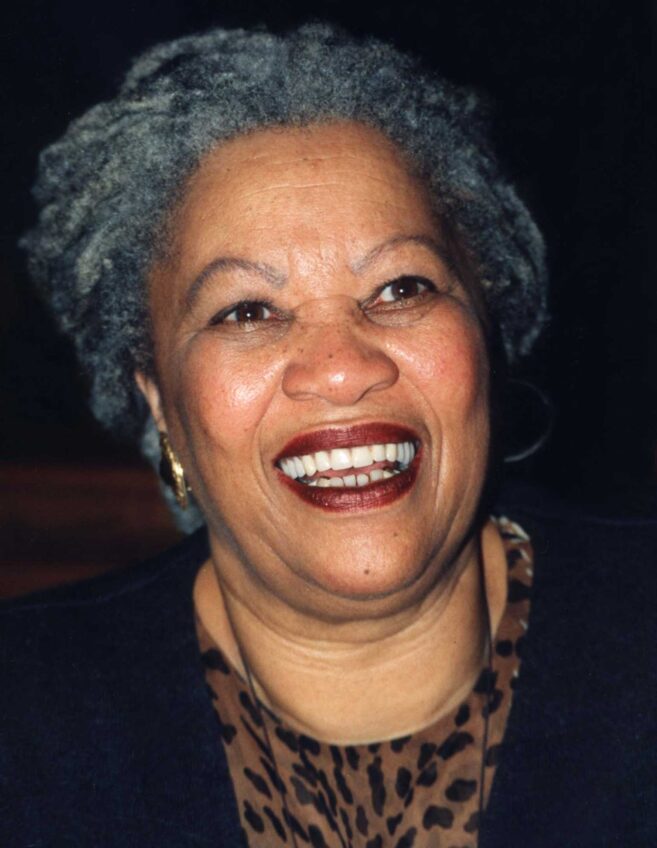
For more than two decades, I have served the congregation of Pleasant Hill Missionary Baptist Church. I have heard the prayers of our community, celebrated their triumphs and helped them in their times of need. Together we have navigated challenges of all shapes and sizes, often by calling on the representatives of our city to join us in the struggle. But we have never faced struggles like these.
We are in a storm. Affordable housing programs are on the chopping block. Public education is under attack. School lunch programs for young children are being stripped away. Above all, the cost of living in this city has skyrocketed. Rents are up. Groceries are up. Heat is up. So, we look to our elected officials for help, and what do we find? A proposal to add taxes to the cold soda or iced tea we might enjoy on a hot day.
I promise you it’s true. The Boston City Council is considering a new tax on sugary drinks like soda, or lemonade, or iced tea. The tax would be two cents per ounce, or 40 cents on a 20-ounce bottle. At Claudia’s Market across from my church, a bottle of soda today is around two dollars. This tax would add about 20% to the price — a 20% increase, on top of everything else we are dealing with right now.
Immigrants in our community, even those with green cards, are worried they may be arrested and deported. Men and women who have worked hard for years or decades in public service go to sleep at night not knowing if their department will exist in the morning. Retirees wonder if their Social Security checks or their housing vouchers or their Medicare will be cut by billionaires. And the Boston City Council is considering whether to make us pay 40 cents more for a sports drink. These public officials should be figuring out how to help us weather this storm; instead, they are ready to add another wave.
Now, I know our councilors have their hearts in the right place, and that they are trying to help residents live healthier lives. But the reality is that another tax will not change any behaviors. It will only add to the financial burdens of Boston’s most vulnerable families.
These types of taxes are regressive. They hit low-income families the hardest, with a disproportionately negative impact on Black and Latino residents. With so many people in Boston already facing food insecurity — with parents wondering if their children will even have access to school lunch next year — an inequitable and unfair beverage tax will not help anybody; it will only make it harder for all of us to afford groceries.
As a practicing attorney and longtime member of the Massachusetts Bar Association, in addition to my role with the church, I have seen firsthand what happens when the cost of daily life overwhelms the people of our community. First the grocery bills and utility bills overwhelm us, then the rent goes unpaid, and then the eviction notices pile up. Far too often, I stood in court advocating for neighbors or friends who needed a moment’s respite from the onslaught of costs.
In my 27 years at the Department of Housing and Urban Development (HUD), we focused every day on ensuring fair housing policies were enforced across this country. We went to court to protect families from discrimination, from eviction, from unfair rent increases, and from fees. We stood up for good policy, while also fighting to defend pocketbooks. We need more of that in Boston today. What we do not need are policies that add more costs and burdens to our communities.
My congregants do not want and cannot afford this tax, plain and simple. It will do little to improve anyone’s quality of life. Instead, it penalizes people in communities like Dorchester, Mattapan, Roxbury, East Boston, Chinatown, and any other pocket of the city that is not already gentrified. This tax and policies like it will only create burdens that hurt disadvantaged communities, while the wealthy feel nothing.
But my church is willing to work with councilors and other leaders of our community to address the real and urgent needs of our families. Let’s work together on solutions to public safety, housing, food insecurity, joblessness, education, and the constant and unpredictable chaos emanating from Washington that can send our neighbors into a spiral at any moment.
We are in a storm, and one that shows no signs of ending anytime soon. If we get distracted, if we lose focus on the issues that truly impact our communities, we will be swamped. I urge the Boston City Council to oppose the proposed sugary beverage tax and work with us to find solutions to address our more pressing issues for the benefit of all Boston residents.
Rev. Miniard Culpepper Sr. is senior pastor of Pleasant Hill Missionary Baptist Church.






